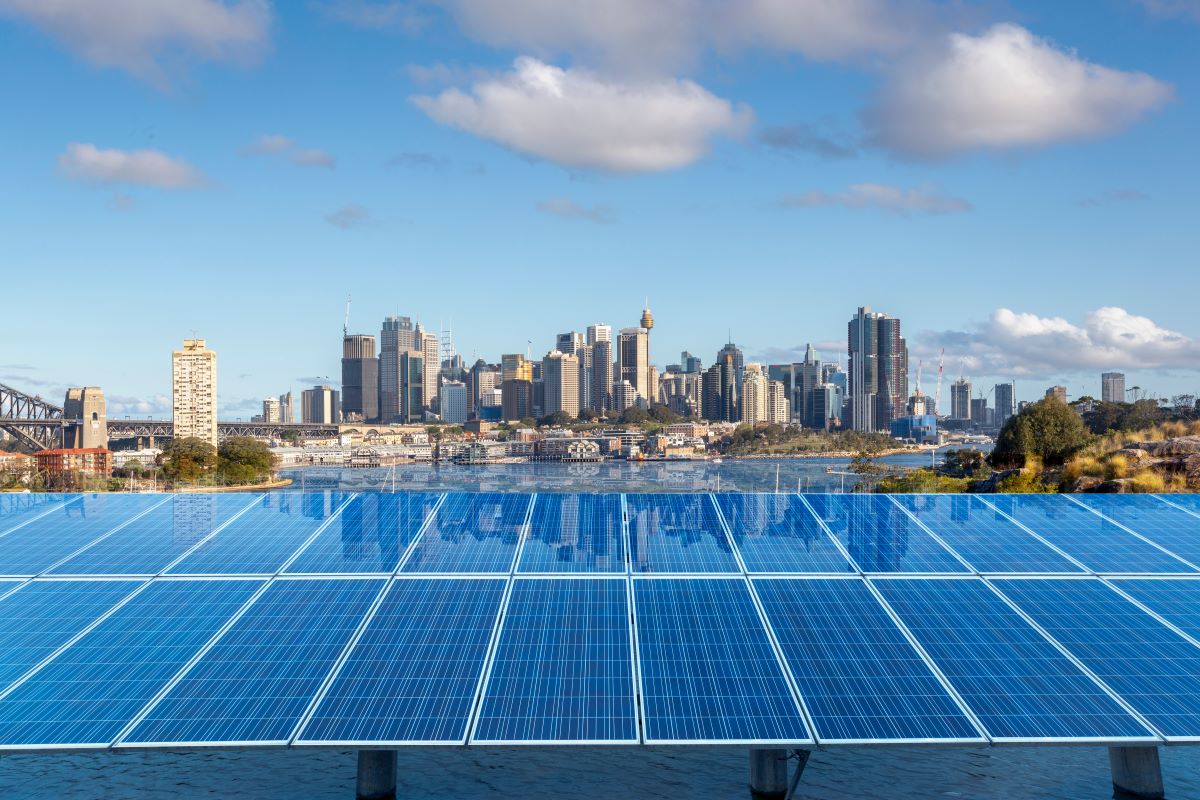Developed western nations like the US are now providing a green subsidy to their renewable energy companies, in a move to boost economic activity via industrial policy, says Schroders. The primary motive is to strengthen supply chains and improve energy security as well as counter global warming.
Take, for instance, the Inflation Reduction Act (IRA). This piece of US legislation will provide tax benefits and green subsidy for renewable energy firms and encourage global green energy enterprises to relocate to the United States.
“The strategy is very much in line with a trend we’re seeing for increased ‘fiscal activism’. The US is not the only government using tax and spending policies to ease the effects of higher inflation amid wider shifts in policy and market behaviour,” writes Irene Lauro, Environmental Economist at Schroders.
The new legislation will also cut down emissions, promote job creation and bring in investments in the clean energy sector, as per Lauro.
Meanwhile, the EU has not finalised its response to this green subsidy proposed by the US. According to the asset manager, there are multiple approaches available to the EU. However, the decision will most likely be reached at the EU leaders’ next conference in March.
“The EU was largely surprised by the scale of the US move. However, we argue that the bloc does not need to mobilise such a large amount of money to boost its clean energy capacity. Putting a price on carbon through the EU ETS has already incentivised decarbonisation,” says Schroders.
The investment management firm adds that while the EU and the United States have only recently begun to consider types of government involvement to assist the sustainable energy industry, China’s government policies have ensured that the country has now become the world leader in green technology production through green subsidies. Schroders says this will have an adverse effect on the decarbonization objectives of western countries.
All in all, the Asset manager believes that countries that do not participate in this green subsidy race, such as the United Kingdom, will be vulnerable to international competition. As a result, they will be unable to fully capitalise on the job and investment opportunities created by the energy shift.
View the complete insight here.
Read more

T. Rowe Price
Why US Treasuries may no longer be a safe haven
US Treasuries recent performance has fallen short of expectations.

Candriam
The euro bond market is back in focus
Rising yields and shifting fiscal dynamics are bringing the euro bond market back into focus.

Lombard Odier
EM equities – potential opportunities amid challenges
EM equities face renewed pressure amid US trade policy shifts, slowing growth, and investor outflows.

US Markets
100 days of Donald Trump
The first 100 days of Donald Trump’s second term have shaken markets. Asset managers weigh in on US equities, bonds, and the dollar.





















